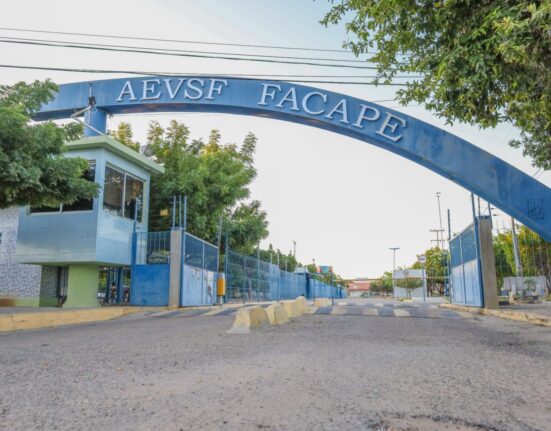Australia is embroiled in controversy as Tony Burke, a prominent figure, raised concerns about the country being “under attack” by a government allegedly influenced by the Zionist lobby.
This statement has sparked debates on antisemitism, political influence, and freedom of speech within the Australian context..
The reference to Australia facing an attack from the Zionist lobby has ignited a heated discussion in Melbourne and beyond.
The intersection of politics, religion, and international relations has come to the forefront, with many questioning the extent of external influence on Australian governance..
Critics argue that such accusations of influence by the Zionist lobby perpetuate harmful stereotypes and can fuel antisemitism.
On the other hand, supporters of Burke’s statement highlight the importance of transparency in political decision-making and the need to address any undue influence in government affairs..
As Australia navigates this complex issue, the implications of these allegations could have far-reaching consequences.
It raises questions about the role of lobbying in Australian politics, the boundaries of free speech, and the impact of such controversies on community cohesion and diplomatic relations with countries like Israel..
In the coming days, the government’s response to these allegations and the public discourse surrounding them will be crucial in shaping the narrative and addressing concerns about political influence and freedom of expression in Australia.
The need for open dialogue, respect for diverse perspectives, and a commitment to upholding democratic values will be essential in navigating this challenging terrain..









Leave feedback about this